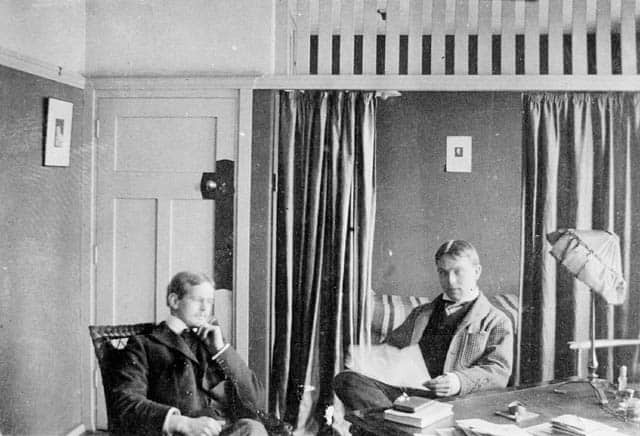A proposed plan to outsource the digitization of Library and Archives Canada (LAC) records has drawn criticism from Canadian Association of University Teachers (CAUT), and Canada’s former chief librarian and archivist Ian Wilson.
LAC, located in Ottawa, is home to over 1.2 million records, ranging from historic photographs to intergovernmental communications and the private notes of former prime ministers. Digitization of records would mean that all Canadians would have access to these documents without having to visit Ottawa. All sides agree that digitization itself is important; the controversy is around who will be responsible for carrying it out. CAUT is highly critical of the plan, as LAC laid off approximately half of its onsite digitizing staff shortly before the deal was announced. CAUT alleges that these employees were laid off to free up funds to hire the contractor canadiana.org.
Canadiana.org is jointly operated by Canadian university libraries. It is a non-profit organization specifically dedicated to preserving Canadian heritage by making historical records available online.
David Robinson, associate executive director of CAUT, said that at the current rate of digitization it would take LAC 400 years to digitize all of its records, as only 5 per cent are online today. CAUT executive director Jim Turk blames LAC for “choosing not to spend the money” and instead relying on non-profit canadiana.org to do the job.
CAUT is concerned that during the first 10 years of the agreement records digitized by canadiana.org will not be available for free online. Hard copies of LAC documents are currently available for free public access. In an interview with the Ottawa Citizen, former chief librarian and archivist Ian Wilson expressed his concerns, saying that the “contents of our archive are a public good and should not be sold back to the Canadians.”
Ulrich Werneburg, the partnerships manager of canadiana.org, says the fee charged would be used to enhance search and research tools using the metadata collected from the descriptions of the pictures, persons pictured, places, and time period. He believes it is reasonable to ask people to pay for these services.
He also stressed that the deal does not mean that all the records will be offered for a fee and that people will only be asked to pay if they want to access the metadata to do searches.
CAUT is not only concerned by the details of the deal, but also by the fact that a deal like this was made. Robinson thinks that LAC is not properly funded by the federal government. He argues that if LAC were funded sufficiently, it would not need to ask an outside organization to do a job for which it already has staff.
Turk suggests a course of action for LAC, saying that it should cancel its agreement with canadiana.org, re-hire its staff, and have them do the job.
Werneburg countered CAUT’s complaints, saying that CAUT’s criticism stems from its own political agenda as a lobbying organization. Werneburg says that, unlike CAUT, canadiana.org does not have any political motivations and that members of the organization are only trying to do the job they were hired to do.
Correction: July 5, 2013
An earlier version of this article referred incorrectly to the purpose of a proposed fee by canadiana.org, it will be used to improve metadata, not fund digitization. Also, all records will be available for free, not only maps and photographs. The article quoted Werneburg saying the CAUT’s goal was to pressure the federal government for more educational funding, he said the CAUT has a political agenda, which canadiana.org does not.


